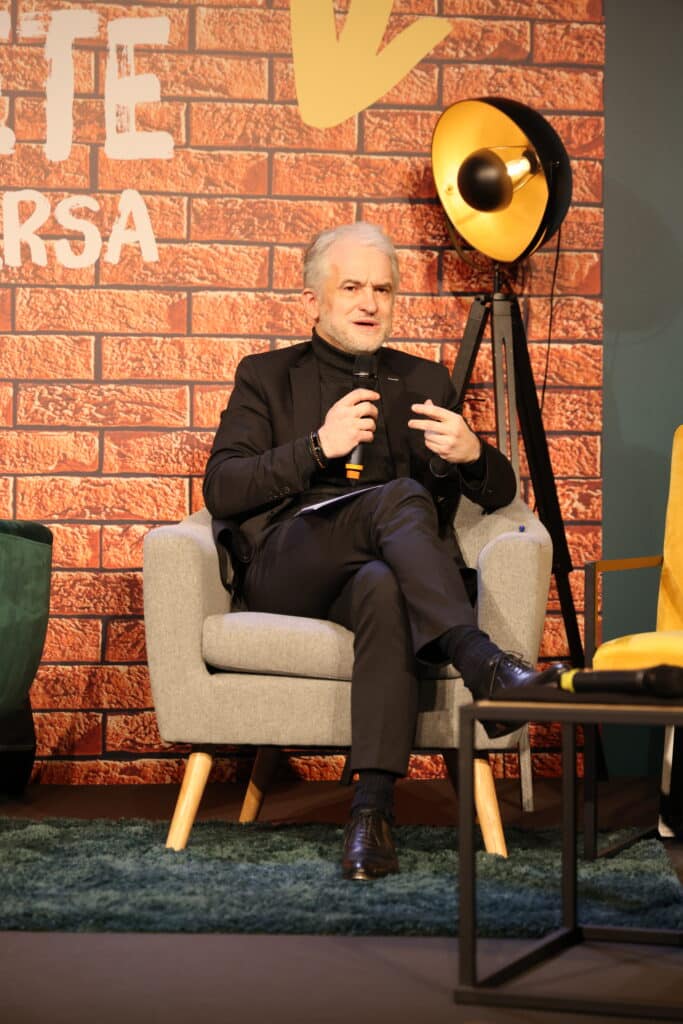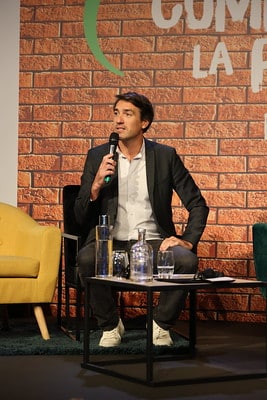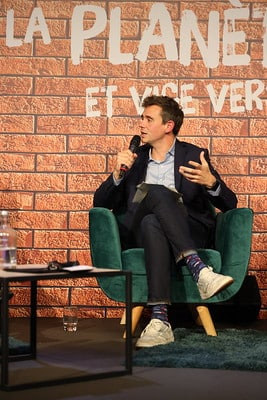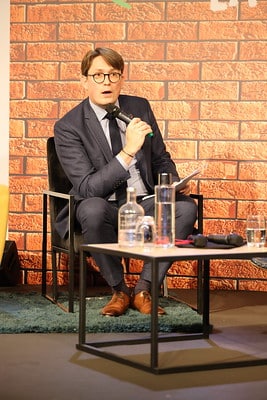In this the twelfth edition of Lille’s World Forum, Philippe Vasseur as founder and president presented an expectant audience with a new challenge. The panel of invited speakers and actors from across the globe aims at inspiring, by sharing the success of companies from around the world.
“Local complements global” – P. Vasseur
Topic for this year revolves around territories as the focal point of study. Territory has always been an important part for any company and business, because of the market issue, but today, the responsibility on the local level even more important. The role of the State or Supra-State needs to be redefined to respect and encourage local initiative. There is no antagonism between global and local: they are deeply intertwined. It is time to recognize localized businesses as promising investments in a globalized economy.
“Without prosperous local economies, the people have no power and the land no voice” – W. Berry
Judy Wicks, cofounder of BALLE (Business Alliance for Local Living Economies), explained that by decentralizing our economy into our local economy it is bringing wealth and power back into communities. There is no such thing as one sustainable business, we can only be part of a sustainable system. Sharing knowledge is then essential to promoting a maintainable model. Business does not “grow or die”: it should act like nature and be capable of adapt to a new sustainable form of local economy.
Behind all this greenery and inspiring quotes, there is a concrete business philosophy at hand. Judy Wicks’ model can serve modern economies well and is a testimony of a future, durable and conscious initiative. Where we let human nature flourish, so will business.
« Everything great that ever happened in this world happened first in somebody’s imagination.” – A. Lindgren
Rob Hopkins, founder of the Transition Network around UK, questioned the lack of imagination plaguing modern enterprises. Our economic model is causing an “epidemic of loneliness” amongst what seem to be powerful people. Transition groups are therefore essential for Hopkins, to envision a future with clean air, and where the feeling of belonging is given due importance.
This translates to concrete projects all over northern Europe. Within them, the local level is empowered, and the imagination is brought into the conversation. Citizens are given a chance to creatively reclaim their localities, by finding their individual ways to solve particular issues.
The transitions movement is a beautiful proposition for people that feel unpowered and lonely. To this goal, schools and education programs should encourage the imagination of the youngest, to develop a new generation, capable of pursuing those goals.
“Drink the local wine”“Good ethics is a good business” McCain brother
Max Koeune, Global CEO of McCain Foods, is a model of a “multilocal” industry. The history of the McCain brothers is the perfect demonstration of how we should be actors of our own territory. We need to adapt projects to the local level to assure their success.
Today, McCain company is facing two issues: the global warming and countryside’s desertification. Investments, technology, education, contextualization and adaptability to the specific territory are the keys to face these major issues. The company is developing to a new sustainable model, aiming to being more respectful of the environment and sustainable in the future.
“Everyone is solely responsible for all of us” – A. de Saint-Exupéry
To conclude this opening session, Philippe Vasseur reminded the audience that a sustainable model included solidarity and equity of all territories. There is beauty and a necessity in realizing that we all share a common destiny.
Aurélie Gestas



